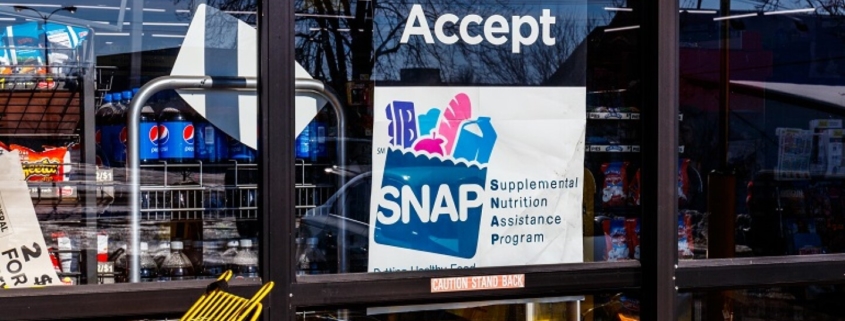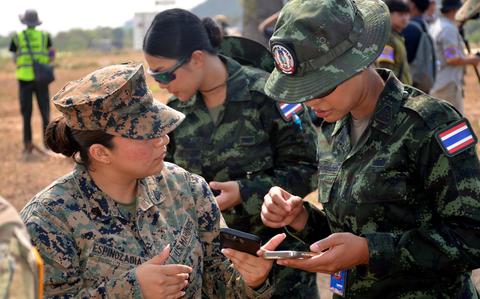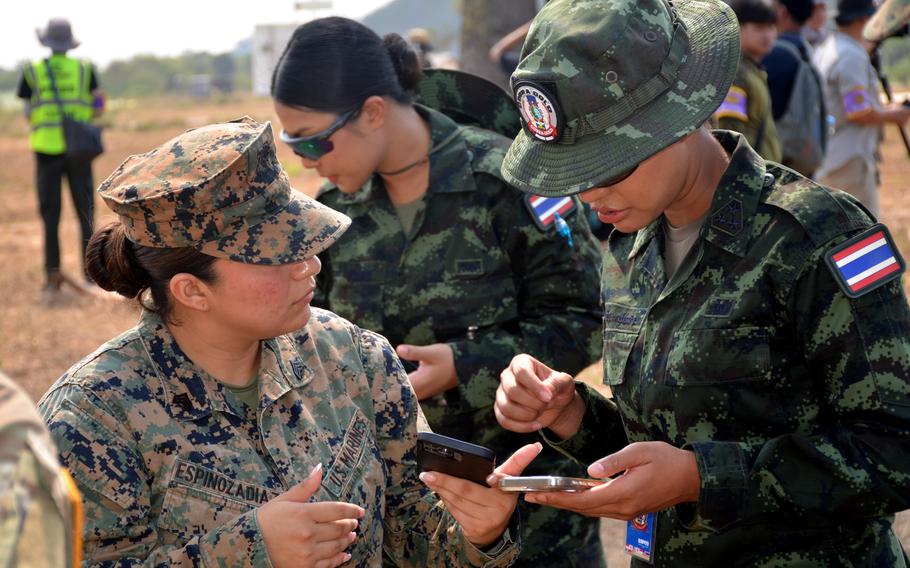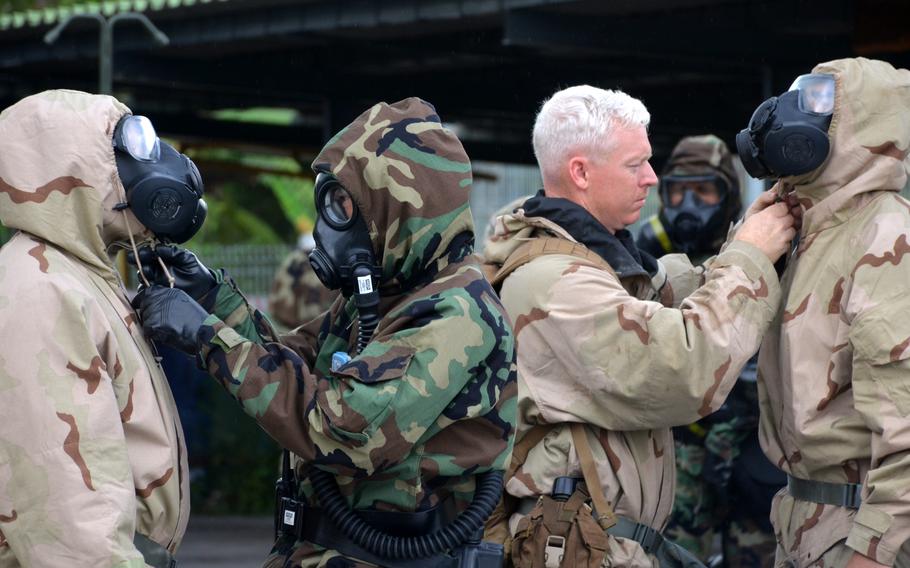Medicaid, SNAP Could Become Key Cyber Attack Targets
In the future, cyber warfare is increasingly likely to target federal services that help everyday residents meet their basic needs, per a new report.
The report, which is authored by researchers from the Center for Strategic and International Studies, points out that traditionally, cyber defense has focused on sensitive military and intelligence infrastructure. But that may be changing, according to their research, which involved tabletop exercises with cyber and foreign policy experts, as well as a public survey.
Adversary nations and non-state actors — such as cyber criminals, political extremists and “lone wolf” actors — may all seek to use cyber attacks to “destabilize” the federal government. Disrupting essential food and medical assistance services like SNAP and Medicaid could spark chaos and distrust in the federal government’s abilities. This could exacerbate polarization and make residents more open to believing misinformation and disinformation, cyber and foreign policy experts told the researchers.
Such attacks would be extra impactful if timed to strike during sensitive political moments, such as elections or foreign policy crises.
Attackers might also try to cause panic and economic disruption by hitting federal economic supports, like the Small Business Administration’s small and medium-sized business grant programs. They could also try to hack and manipulate federal economic data to create confusion in financial markets.
“Experts saw federal agencies that support economic activity as being most susceptible to cascading effects, with even small intrusions creating fear and panic likely to undermine trust and confidence in the federal government,” the report reads.
Experts also predicted that non-state actors would want to enhance polarization by hacking into public health research. Based on that research, attackers could then spread public health misinformation and disinformation. The resulting confusion would likely cause the public to doubt government health decisions and question the administration itself. Attackers could also try to deliberately deepen existing social divisions on…



